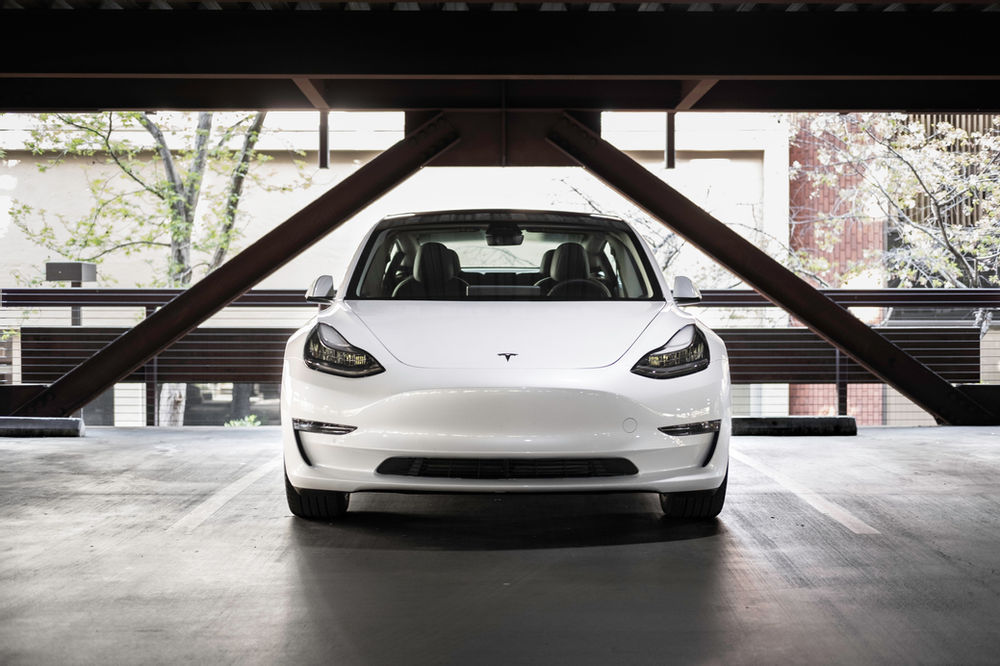There is no doubt that electric vehicles are the future, as the way we get around and produce electricity is transitioning away from fossil fuels, and towards cleaner and greener alternatives. The entire transport sector accounts for 21% of total CO2 emissions and road travel alone accounts for 15% of total CO2 emissions so getting electric vehicles onto the roads is definitely a priority in tackling the climate crisis. However, they’re not perfect, and they are faced with obstacles that are stopping them from becoming mainstream.



Using a vehicle, electrical or with a combustion engine, that weights 1500-2000kg to carry a 80kg person is a very stupid idea. Certainly with over a billion cars registered worldwide and counting. The local air pollution will decrease with electrical cars which is good but the energy must be generated somewhere. Not to mention the environmental costs of the production and scrap of the cars. I vote for a total paradigm shift and use light weight (electrical) vehicles like bicycles.
The usual answer to this is putting amenities closer to the people who need them. Paris was designed in the 19th century to be a 15min city. You can walk to everything you need in 15min. Nowdays, apartment blocks are built with shops and offices in the same complex. If there needs to exist an out-of-town superstore, it should have a bus connection to the town, and do delivery.
With these changes, you don’t have to tell anyone to trade cars for bikes, or incentivise them or ban cars - people will switch by themselves.
In addition to this I suggest that the natural hierarchy in the streets needs to be flipped and pedestrians and bicyclists need to become the dominant user of the street, while motorists must act as “guests”. Impossible you say? Certain countries and cities lead the way here and demonstrate that this is possible. As an example I mention the city of Ghent that had a pretty hopeless traffic situation. This was turned around in a decade. https://www.eltis.org/sites/default/files/c1_scheirs_mobility_policy_ghent.pdf. Or the Netherlands where the bicycle street, a street where bicycle traffic is superior to motor vehicles, is a huge success and has become a nation wide phenomenon. https://beyondtheautomobile.com/2020/10/21/what-is-a-bicycle-street/
Yes all of this.
Critical mass. Once there are enough bicycles on the roads, motorists are forced to adapt. And there are things city councils and governments can do to help, too.
That’s completely true for cities and therefore for the majority of people, but for those that need to go to rural areas you need some alternative.
deleted by creator
Yes, like people travelling with babies, people who need to carry a lot of equipment, the handicapped, the old… As a society we need cars. But there is still a big group of people who could use bicycles, if just a few things about the environment were tweaked.